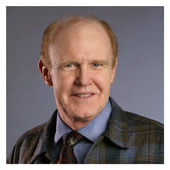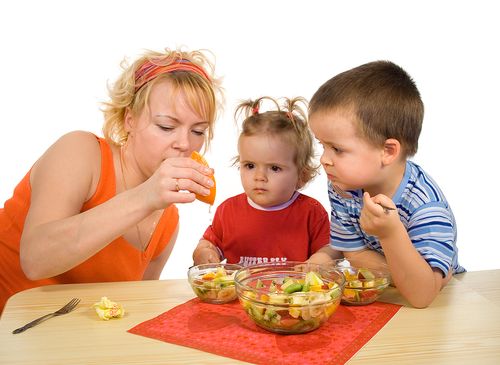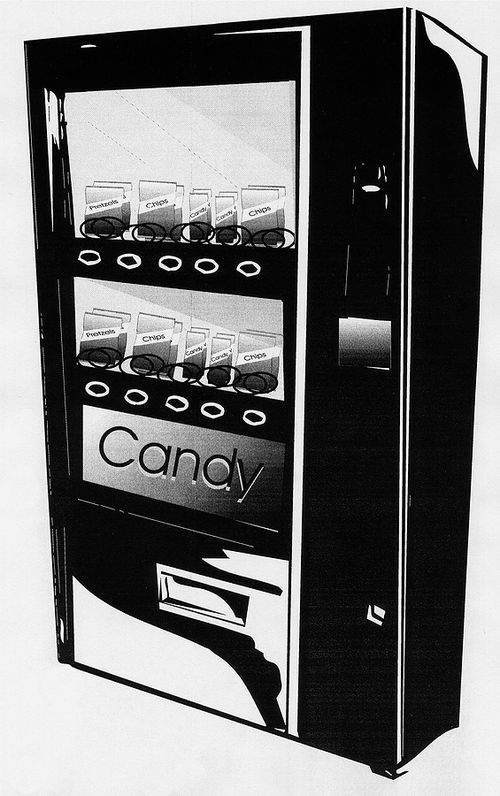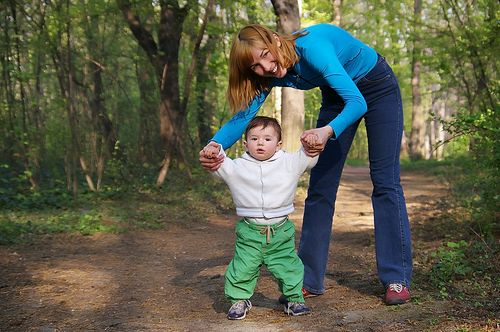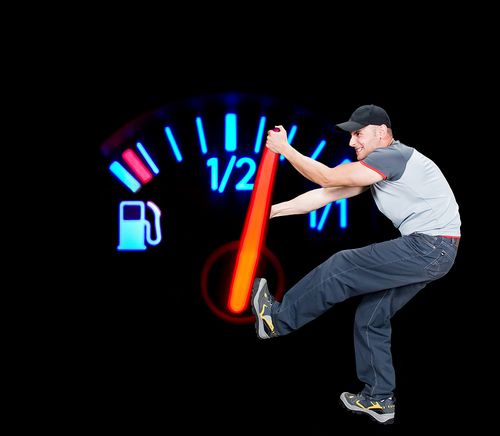Nutrition Is More About Habits Than Foods
Dr Dina Rose argues at her blog, itsnotaboutnutrition.com, that our nutritional problems lie in our eating behaviors that are actually lifestyle patterns beginning in childhood
And I would say that it's a bit of both I believe she is spot on about lifestyle nutritional behavior patterns being 80% of our nutritional problem But the remaining percentage belongs to the incompatabilities, nonharmonious food choices, and poor digestive fire issues we have talked about in the past
She believes that if we're going to get any progress in our health problem, it starts with our children first, and us second After all, they are carrying either good choices or our poor choices, going forward
Some of her thoughts from her blog bear repeating:
1) Instead of worrying about introducing new foods, establish a style of eating that includes the following:
- Don’t eat the same foods two days in a row or twice in a day. This will get your kids used to the idea that you eat different foods and that idea will lay the foundation for introducing new foods.
- Make sure your kids eat more fresh, natural foods than anything that comes out of a box or a can.
Both of these can be achieved (and should be achieved) without introducing new foods. Simply cycle through, and reapportion, foods your kids already eat.
2) Take the pressure off your kids by serving small portions, by never asking your kids to eat more and by never linking eating “well” to getting dessert.
3) Look at why your kids eat the way they do (are they afraid new foods will taste bad, do they have a cautious personality, are they in a control struggle with you) and parent that aspect of your child.
Anything more to add? Do you think that childhood eating behaviors are a result of parents and society? Do you think obesity begins in childhood?
Until tomorrow To health as a Skill Love DrBill
Read More
Nutritional Stashes: Five Ways To Manage
Great for food on the run, these food stashes Located at the desk at the office, or in the car, or around the house, or even vending machines We'll never run out. right! Simple eating behavior patterns
My friend who loves tastes, smells, cooking, and shopping for foods gave me an insight into the unique world of the food stash fetish And all of the above were favorites except for the vending machine, because she used healthy stashes
Now our pockets of foods placed in strategic locations is neither good nor bad but raises an observation worth reflecting on, me thinks
You see, energy science nutrition would advocate that the GI tract needs about six hours between eating so that the digestive process can complete its task as the transit time of a bolus of food is normally 6 big ones
So when the GI tract sees another bolus coming at it, the natural response would be, "Hey, hold on there, I'm not done down here! What do you want me to do? Digest this sandwich or take on the trail mix you just sent down here?"
What happens is a discontinuity of the digestive process, a disharmony in the natural flow of the day in the life of the GI tract And over time will progressively lead to imbalance in the physiology
OK, OK you're going to snack As I said earlier, it's not about right or wrong, just understanding the reasons why not to do it
So let's address what are you snacking on? I think that's a more important question
Nacho cheese chips, carbonated sugar water, candy bars or whatever that's easily accessible We're all busy and maybe the vending machine is our out
What can we do:
Healthy snacks on the grocery list
Healthy snacks according to your nutritional format
Staying away from vending machines
Trying to focus on parking the main meal of the day at noon when possible
Attempt to reduce the amount of stashes and snacking done (remember baby steps)
Are you a stasher? How many? Have you ever made the observation that they affect the appetite?
Until tomorrow To health as a Skill Love DrBill
Read More
Nutritional Scarcity
Scarcity mentality(a frame of reference, a state of the mind having nothing to do with reality)
The origin of the word scarcity for me is scare + ity implies a state of fear Scare comes from the root skirra meaning to frighten But fear of what? The answer: Not having enough(of anything)
We live currently in one of the most abundant civilizations on the planet yet we live nutritonally in scarcity This observation is predicated on obsession with overeating and buying what we don't need in terms of food and material goods We force food because we fear we won't have enough, perhaps from our parents who lived through the depression
If we don't get enough, something terribe is going to happen And the real danger is that if we feel a certain flavor of fear, we will invariably push that fear onto our kids energetically
I think most will agree that kids are very in tune They sense many things that we as adults gloss over And it is in this setting that children are learning how to do life They are like energy sponges picking up every nuance they observe with all five senses This may not appear to be the case due to their communication abilities but we shouldn't let that deceive us
If we recognize that we are operating from a scarcity mentality that is a huge step in stopping some rather unhealthy eating behaviors
Among many things it does the following:
Reduces the chances that we as parents will force food at our children
Helps with overeating
Helps with overbuying
Helps with fasting which helps with digestive fire
Can you see where scarcity plays a role in eating patterns? Can you see how that might play a role in creating childhood habits? Have you seen this play out in your family?
Until tomorrow To health as a Skill Love DrBill
Read More
Nutritional Baby Steps
"Ok, my new resolution: Get in shape!"
And as new resolutions go, the intention carries the desire If we have conviction and are determined to make it happen, it will Right?
So when we sign up at the athletic club or get our running shoes on, we're now ready to carry out the intention Those initial steps are what I call "baby steps" The beginning of the journey
I believe we all have experienced this in our lives so what I am describing is not new but I think it important to articulate this so we are all on the same page
Because what I am now going to discuss is the expectation of the journey "Are we there yet?," asks your 3 year old child(the mind in this case) "No, not yet," we respond
"Well then, when?", our mind(child) asks
This questionning is not casual It is born out of fear of the unknown And we know how much the mind hates the unknown It wants reassurance and support that everything will be alright
We want to know WHEN we will get to the destination(40 pound weight loss, able to finish a mile jogging, or do the triathalon)
People who physically and mentally train for events understand that each day is another "baby step"
So it is for our nutritional lifestyle and eating behavior intentions Each day we establish what we are willing to do to move ourselves along with another "baby step" It's an evolutionary proces, isn't it?
And, if we are free from fear, we detach from being obliged to reach a specified destination "Hey, I'm on this road because I want to be on this road Maybe I'll switch roads in the future, but for today I'm on this road"
This attitude, not based on giving into the mind's fear, allows us to make our lives a "health evolution"
Have you experienced "baby steps" in your life? Did you see your mind in fear of not knowing how long it would take? Are there things that you did that helped your mind be more comfortable "in not knowing"? Did you think it would have been helpful to have emotional support to overcome the fear?
Until tomorrow To health as a Skill Love DrBill
Read More
Pain
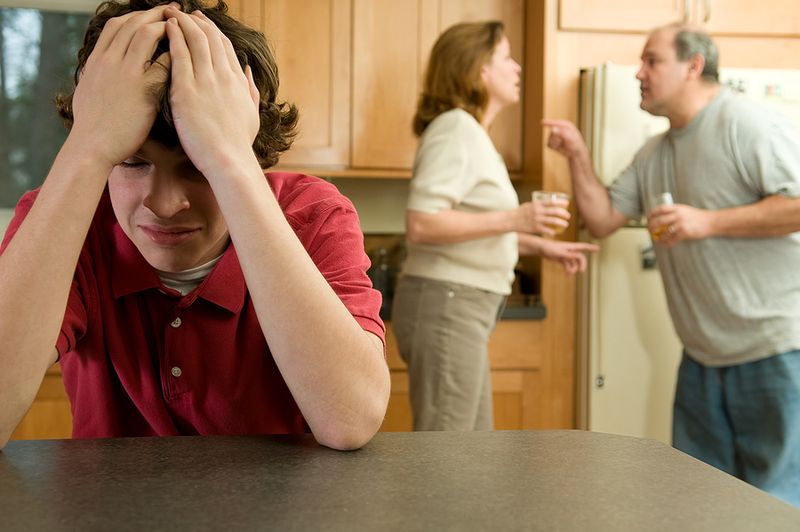
At times in our lives we all must experience pain, sometimes physical, oftentimes emotional The pain can be turned inward, called guilt, or outward, that we call blame, shame, etc Remember that emotion is a thought with a physical sensation in the mindbody
But the essence of pain is how can we deal with it in a healthy way?
And we might ask, "What does this have to do with nutrition?"
Well, everything Because emotional unresolved pain leads to emotional eating behaviors, such as bullemia, anorexia, binge eating, overeating, etc
So first of all is to recognize that emotional pain, even though it seems so real, is actually a creation of the mind An experience brings on the pain; a yet unresolved, poorly understood childhood experience, death of a loved one, a seeming violation of trust by someone near us, an unfair attack by a long term relationship, loss of trust by those who once trusted us, and many more, all experiences that the mind believes is pain
Because it seems so real, we tend to believe it's pain, but in reality, it's not It's just an experience that our wounded ego now labels emotionally as pain
Our ego needs approval, control and power If we lose approval, control or power in our relationships, if emotionally deep enough, it will be called pain by the mindbody and it will palpably visceral
Our natural response to such emotional pain is fear This leads to anger(fight), run away(flight), and inertia(deer in the headlights), get even, tell the world, and many variations of these themes
I would suggest a fourth response – simply observe our mindbodies without reaction This is obviously for most impossible, but I believe the only real way to eliminate the toxicity and damage to our mindbody physiology
So to that end my friends, here's some ways to help shed our emotional pain and avoid the nutritional consequences
1 Journal about the pain like I'm doing here
2 After you're clear about the emotional pain, talk to someone about it Get it off your chest so to speak without judgement, criticism, condemning
3 Shed as quickly as possible, anger, running away, and inertia
4 Get in touch where you are feeling the visceral pain and observe it
5 Be aware of when this pain might induce nutritional behaviors eg overeating, binge eating, not eating
6 The degree of pain although seeming very real is how much we make it and how much power we give it
Have you ever experienced a difficult emotional pain? Do you think you have successfully cleared it? Do you think it may have led to a period of aberrant eating patterns subconsciously?
Until tomorrow To health as a Skill Love DrBill
Read More
“Are You Really Hungry?”
If we find something on TV that we don't care to view, we switch channels or turn it off
Whether it's TV or nourishing ourselves with food it seems that the same line of reasoning should follow the same line of thinking(who's saying anything should be reasonable?) -if the mindbody isn't interested then don't participate and this includes food
Appetite is our best clue as to when the mindbody is in need of food and is a cardinal sign of our health and aid in guiding us along this path of lifestyle eating behaviors
At times we eat out of routine – I always eat breakfast because that starts me off for the day; due to social circumstances – the party was great but why did I eat, I wasn't really hungry; after work I like to unwind with the family; and the most recent nutritional craze, snacking – why am I eating this snack when I'm not hungry?(because the rule is eat 6 times per day, that's why)
And when observing the appetite, pay attention to how your appetite begins to dwindle as you fill the stomach
If the appetite is treated like a gas gauge of 1-10, we should stop eating when we're a 6 which is about two handfuls
So two things
1 Eat only when you're have an appetite
2 Fill up to a 6
Until tomorrow To health as a Skill Love DrBill
Read More
